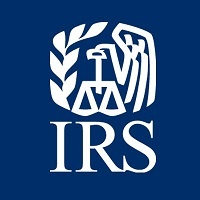What’s the only bad thing about winning a jackpot? The taxes! But now, the SLOT Act could help lessen some of that pain. Two Congressional Representatives, one from Nevada and the other from Pennsylvania, are pushing legislation to raise the reporting limit for jackpots.
Currently, anyone who wins a jackpot at a slot machine or on video poker is required by the IRS to report amounts of $1,200 or more. However, the SLOT Act would raise that limit to match the rate of inflation, which would set the updated threshold at $5,000. Additionally, the legislation has a provision to keep up with the rate of inflation int he future.
This most recent effort to raise to amount for reporting jackpot winnings has found the full support of the American Gaming Association, and surprisingly the IRS Advisory Council also agrees. These recommendations to raise the threshold would reduce the paperwork for the IRS while keeping the tax code in line with the economy.
“This is a commonsense update to tax policy that creates a better patron experience, reduces burden on the IRS, and supports gaming’s economic impact in communities,” said AGA President and CEO Bill Miller. And considering that the current $1,200 reporting limit on jackpot winnings has been in place since 1977, it’s safe to say an update is not only needed, but warranted.
It’s worth noting that the SLOT Act has also garnered the support of the Indian Gaming Association. Their Chairman, Ernest L. Stevens Jr, recently stated that by changing the reporting threshold, the IRS would effectively be “…removing this outdated and costly burden on our daily Tribal gaming operations.”
